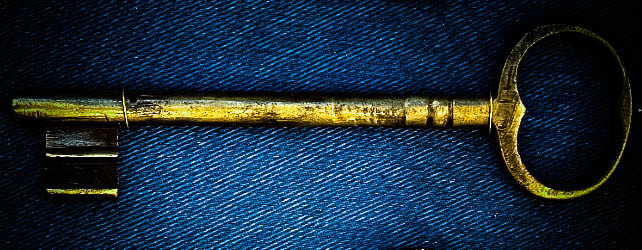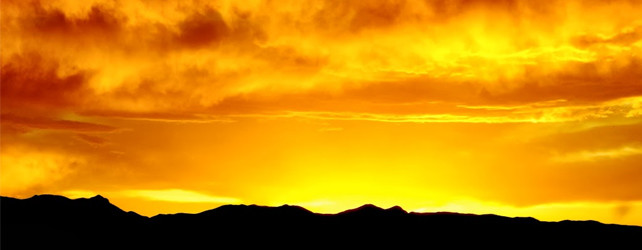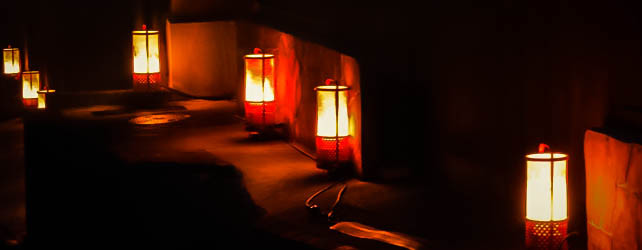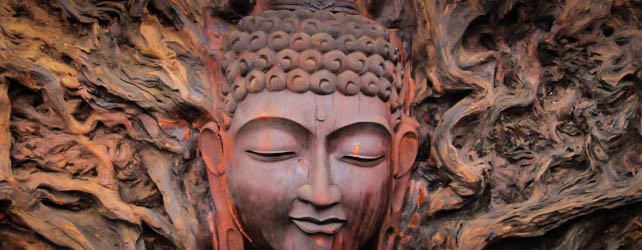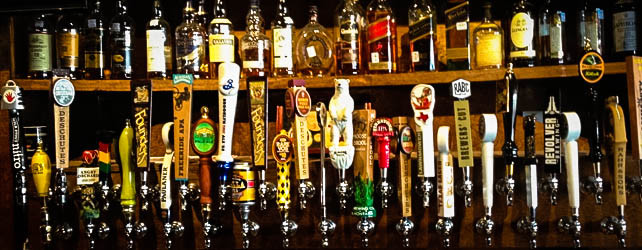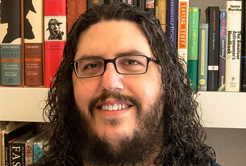Last night, my wife called me to the bedroom to look at something outside.
“What is that?” she said.
In the bushes, something glowed.
I said it looked like a reflection, but as a car passed by, the object seemed to emit its own light. Light from headlights didn’t affect it at all.
My wife said, “I wonder if someone threw a cigarette in the bushes?”
“It’s kind of…up there,” I said. “Like it’s floating.”
“Well, if there’s a discarded cigarette in the bushes, best to head down to put it out.”
Downstairs
Standing before the bushes, the light was gone. What was there a moment before had vanished. Could it have been a one-eyed cat looking directly at a light on an angle different than the road? Maybe the cat heard us approaching and took off?
“Is that a cable?” my wife said.
It definitely looked like a cable in the bushes.
And if it had been glowing, I wanted to be sure it was done. I got a much closer look and saw a metal clasp — the source of the reflection. I realized it wasn’t a cable; instead, it looked like…shoelaces? As I pulled on the black cord, I felt something swing out of the bushes.
At the end of the lanyard now in my hand was a key.
My First Thought
Upon seeing the key, my first thought was, “We need to look for the trap door beneath the bushes that this key opens!”
In my mind, we had found a key to a different realm. Then I realized someone probably just lost their apartment key…or maybe a kid prone to losing their key was forced by their parents to wear it on a lanyard. Maybe bullies grabbed it and threw it in the bushes? Regardless of how it got there, it didn’t open a secret door.
And that made me kind of sad.
Sunday Night Sorrow
There was a time when Sunday nights depressed me. Sunday nights meant the weekend was over and a return to the day job was near.
I like my job these days, so that feeling is a thing of the past. But last night, in that moment of thinking, “This key is special,” it reminded me that I had a long weekend full of adventure. I saw people I cared about, and my wife and I spent a lot of time together. We even did this. So for the first time in a loooooooong time, I felt my heart sink a little bit at the thought of returning to work.
I’d spent five days living the life I imagined when I was 20 years old. I spent a little time traveling. I spent time writing. I spent time with my wife. Full time — not interrupted by any schedule but those we agreed upon
.
Strange Perspectives
The feeling didn’t last long because, now that I’m in my 40s, I know the life we imagined at 20 is an unlikely thing. The day job is good and affords the luxury of a fun day trip, time with my wife, and time to write and make other things I enjoy making.
But finding that key — if only for a moment — represented something more. Putting the adventure through a magic portal thought aside, the key still represented open possibilities on a Sunday night. Not knowing what door it opened, it could open anything I imagined. Instead of ending a great and long weekend to return to work, that key could have opened something bigger than the usual routine.
My Key Ring
That key — that glowing key — represented so many possibilities. Of course, so does writing and all the other things I do.
If I look at a story, a novel, 4-5 podcasts a month, blog entries, and other things I make…I’m like the guy with a big key ring [full of possibilities]. And because I make these things regularly, a day is more likely to come along when one of those keys will open something really cool.
